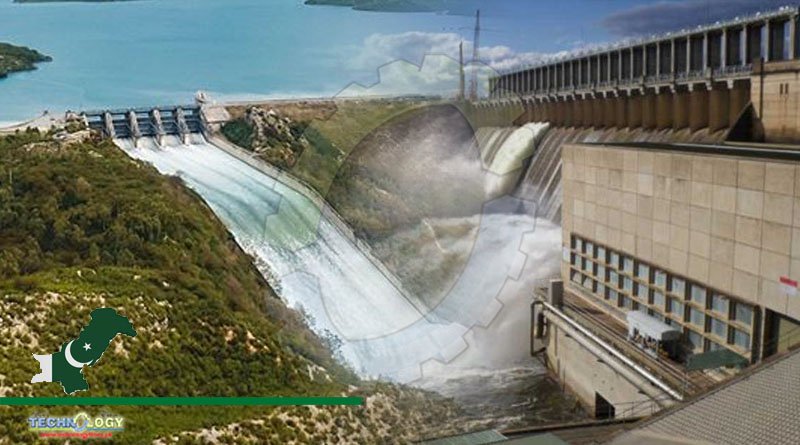According to a provincial irrigation department official,”This initiative would help meet food demand while also addressing the issue of water scarcity.”
The Khyber Pakhtunkhwa (KP) government intends to build three dams in the districts of Tank and Dera Ismail Khan to help increase food production by providing adequate irrigation water.
According to a provincial irrigation department official, the KP government intends to convert the barren land of Tank and Dera districts into agricultural land. “This initiative would help meet food demand while also addressing the issue of water scarcity.”
He stated that the provincial government intended to build three small dams in KP, Tank Zam Dam, Chodwan Zam Dam, and Daraban Dam, to irrigate 109,721 acres of land and generate 25.5 MW of electricity to feed nearby villages.
The official went on to say that the dams would help bring about an “agriculture revolution” in the area and create many job opportunities. “These dams will also resolve the problems of food insecurity and drinking water shortages.” The project will also aid in the improvement of the groundwater table. Another major reason for dam construction, according to the official, is to protect against future flooding.
“Floods have destroyed millions of acres of farmland in Tank, causing a food shortage in the district.” The irrigation department’s official also stated that work on seven small irrigation dams and water reservoirs, with a total cost of Rs 9 billion, had already begun and would help irrigate 14,135 acres of barren land.
“The Gomal Zam Dam construction has protected Dera city from floods,” he added. According to the official, climate change-related water scarcity, urbanisation, a lack of investment, and rising production costs pose a threat to national food security. “By converting our barren lands into fertile lands, we can bridge the significant shortage of agricultural output.”
According to the official, the Pakistan Bureau of Statistics classified approximately 1.46 million hectares of land in Punjab as cultivable wasteland. “The land is suitable for cultivation, but it is not cultivated for a variety of reasons, including waterlogging and salinity, electricity, technology, resource constraints, or insufficient capital.”
“Surveys have revealed that there are belts of land in many areas of KP and Punjab that contain sweet water aquifers. We have not irrigated these belts because the local communities are unaware of the existence of these aquifers,” he added.
To achieve sustainable growth, the official suggested that the government and the private sector form public-private partnerships. “The government must step up efforts to institutionalize awareness and establish vocational training centers to promote agriculture education.”
